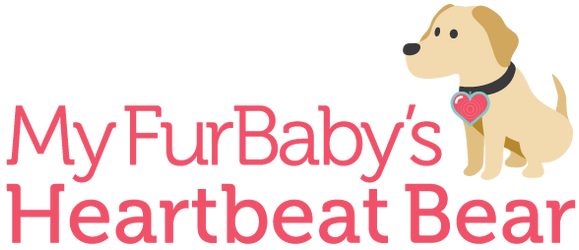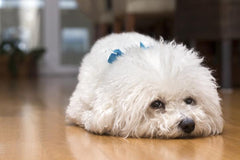
How to Keep a Dog’s Teeth Clean
According the The American Kennel Club, the absolute best way to keep your dog’s teeth and gums healthy and clean is to have a professional cleaning:
“The best way to ensure your dog’s oral health is to have him undergo a professional cleaning by a veterinarian. Your veterinarian knows what’s best for your dog’s teeth and will be able to address any issues she finds. Although expensive, a professional dental cleaning is the best way to maintain your dog’s dental hygiene. Your veterinarian is experienced in preventing, locating, and treating any issues that might go unnoticed by even the most dedicated dog owner. If there is one option you choose to promote your dog’s dental health, we suggest visiting your veterinarian for a professional exam.”
If a professional clean isn’t in your current budget, or you would like to promote a healthy mouth (and healthy smelling breath) in between vet visits, consider choosing a few of the following tips for at-home teeth cleaning.

How to Keep a Dog’s Teeth Clean
Daily Brushing
The best thing you can do to at home to promote good oral hygiene is to brush your dog’s teeth daily . Once a week isn’t enough because the bacteria that cause dental disease can start building up within 36 hours.
High Quality Food
You know that food choice is critical when it comes to the health of your dog, and often the gums and teeth can be the first sign that something is wrong. Invest in high quality food and provide fresh fruits and veggies and additional nourishment.
Chew Treats
Animal Planet recommends, “a good long chew treat. It can help scrape away plaque and dirt, and most dogs are happy to comply. Natural choices include rawhide or a knucklebone. Knucklebones are a softer bone that's gentler on the teeth. Never give harder items, such as hooves or bones from steak, rib or ham shank as these can fracture teeth.”
Skip the commercial chews or bones made from starches (usually potato, corn, or rice flours). The tend to be more sticky than vegetables or dried meat chews. When your dog’s teeth scrapes up against them, it can have the opposite effect as chewing on a cow bone.




Leave a comment